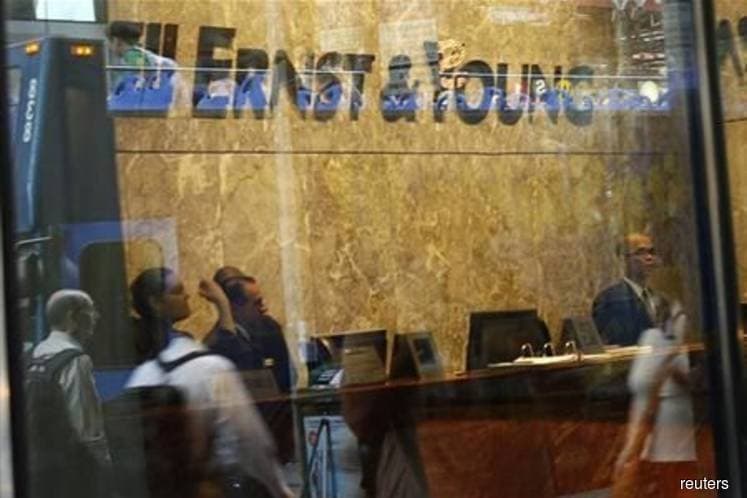
KUALA LUMPUR (Dec 11): Ernst & Young (EY) has come out to say that it is not the auditor of Lembaga Tabung Haji and has not issued any audit report in respect of the financial statements of the pilgrim fund.
"EY did not review Tabung Haji’s income statements nor was EY involved in the valuation of Tabung Haji’s and its subsidiaries’ assets and liabilities," it said in a statement tonight.
Rather, EY said it was only engaged by the directors of Tabung Haji to report on whether the pro forma balance sheets as at Dec 31, 2015, 2016 and 2017 had been properly prepared based on the applicable criteria.
Earlier today, former Tabung Haji chairman Datuk Seri Abdul Azeez Abdul Rahim denied allegations of misconduct by the pilgrim fund's previous management, saying its reports and financial position were given a clean certificate every year by the National Audit Department and the valuation verified by EY.
Abdul Azeez said EY's previous audit reports were done yearly between 2015 and 2017, which revealed that Tabung Haji's total assets (realisable asset value) were at RM64.7 billion in 2015, versus total liabilities including the dividend payable, of up to RM63.3 billion.
"Total assets in 2016 were at RM69.1 billion, compared with total liabilities of RM68.4 billion. In 2017, total assets stood at RM74.7 billion, versus total liabilities of RM74.4 billion," he added.
In today's statement, EY went on to explain that the directors of Tabung Haji prepared the pro forma balance sheets as at Dec 31, 2015, 2016 and 2017 solely to illustrate the impact of reporting Tabung Haji’s investments in equities, securities and properties at realisable asset value instead of historical costs on Tabung Haji’s balance sheets," it said.
"EY did not perform an audit of the financial information used in compiling the pro forma balance sheets.
"EY reported that the adjustments made were appropriate solely for the purpose of illustrating the impact of reporting Tabung Haji’s investments in equities, securities and properties at realisable asset value on Tabung Haji’s balance sheets," it added.
As such, EY said its reports could not have been relied upon for the purpose of dividend declarations by Tabung Haji on Feb 4, 2016, Feb 3, 2017 and Feb 7, 2018 for the financial years ended Dec 31, 2015, 2016 and 2017 respectively as the reports for the relevant years were only issued subsequent to the dividend declaration dates.
EY had issued its reports on Sept 30, 2016, July 12, 2017 and May 23, 2018 in respect of the pro forma balance sheets as at Dec 31, 2015, 2016 and 2017 respectively.
EY also clarified that at no time did it opine on the appropriateness of the declaration of distributable profit as dividend pursuant to the Tabung Haji Act 1995.
"EY also wishes to draw attention to Section 22 of the Tabung Haji Act 1995, which stipulates the conditions to be fulfilled by Tabung Haji in relation to declaration of distributable profit as dividend," it said.